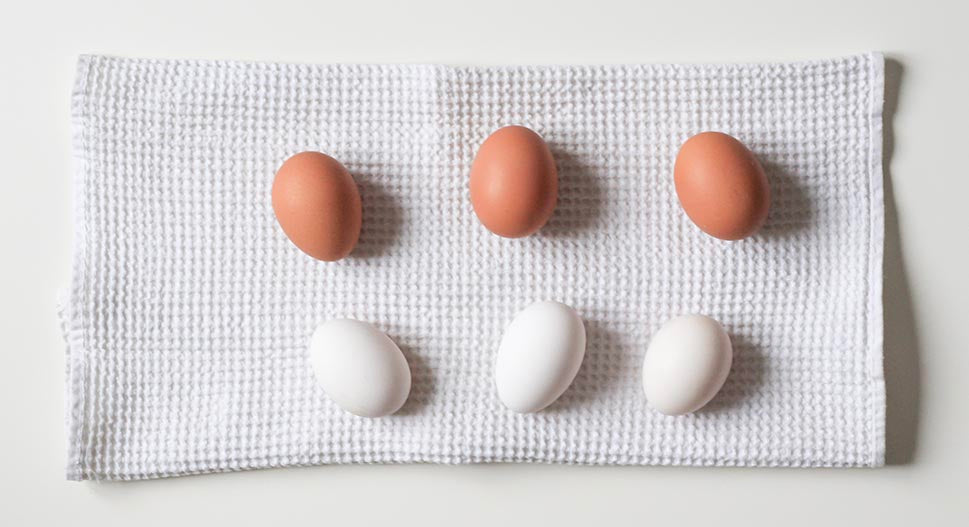
Looking for a way to get into shape ahead of the summer season? You might just have found it. While there are many dieting trends, there’s one trend that doesn’t seem to be going anywhere fast. Yes, we’re talking about the keto diet. It’s a massive deal right now. Here’s what you need to know about the low-carb eating plan and why it’s so popular.
What is The Keto Diet?
The keto diet – or ketogenic diet – is one of the most popular weight loss plans at the moment. But do you know what it actually is? The diet plan involves eating a minimal amount of carbs while increasing your intake of high-fat foods. For instance, you might cut out carb-heavy foods, such as pasta and bread, in favour of things like meat and dairy.
By reducing the amount of carbs you eat and replacing that part of your diet with high-fat alternatives, you put your body into a state known as ketosis. That should boost your body’s ability to burn fat, which may help when it comes to weight loss. In fact, some recent research has shown that following this diet in the long-term can lead to significant reductions in both a person’s body weight and body mass index. Interesting stuff.
The State of Ketosis
Unless you’re medically trained, you might not know what the ketosis state is. That’s perfectly fine – not many of us do. When you follow the keto diet and enter this particular state, you will notice a serious shift in your metabolism. The general idea is that your body stops relying on carbs as its energy source and instead begins to use your ketones and fat reserves. Studies suggest that ketosis can lead to both weight loss and the destruction of harmful cholesterol in your body. You might even say it’s a ‘win-win’ situation.

The Keto Diet Food List
We’re not going to beat around the bush – following the keto diet means cutting out a lot of food groups. While you’re on this plan, you can’t eat carb-centric foods, such as bread, grains, pasta, rice and root vegetables. You should also avoid high-sugar drinks, chocolate, alcohol, unhealthy fats, beans and legumes. But, enough about what you can’t eat, let’s talk about what you can. Here’s a quick rundown of the keto diet staples:
- Meat, eggs, fish
- Cheese and dairy products
- Coconut and avocado oil
- Nuts and seeds
- Low-carb vegetables
When you’re choosing your vegetables, one golden rule to remember is to opt for plants that grow above ground. For example, you can eat peppers, onions and tomatoes. These are the low-carb variety of vegetables, which mean that they fit the diet’s rules well.
Keto Diet Health Benefits
It’s not merely about weight loss. Aside from helping people to shed those excess pounds, there’s also some evidence to suggest that the keto diet helps improve people’s overall health. Let’s take a look at the evidence so far and the possible advantages of the diet.
-
Lower Risk of Heart Disease
Since ‘bad’ cholesterol and excessive body fat are red flags when it comes to heart disease, some people claim that the keto diet can lower your risk. However, it’s worth noting that there is no substantial research to back up this theory currently. What’s more, since the diet encourages eating high-fat foods, it could have the opposite effect.
-
Supportive Cancer Treatment
Perhaps one of the most surprising benefits of the keto diet is that it can be used as ‘supportive treatment’ for cancer patients. The research in this area suggests that restricting the consumption of carbs could be beneficial for patients who are undergoing a variety of cancer treatments. While this benefit does not apply to everybody, it does shed a little light on how far the advantages of the diet may span.
-
Helpful in Managing Diabetes
It’s estimated that around five million Brits will have type 2 diabetes by the year 2025. Finding ways to manage and even prevent the disease should be our top priority. There’s no doubt that changing your eating habits will have an effect on your health. Research suggests that adopting the keto diet could help those suffering with diabetes to improve their glycemic control, which helps them to easily manage the condition.
Disadvantages to Consider
If you think that the keto diet sounds too good to be true, you might just be onto something. While many dieters are blown away by its effects, not everybody out there is entirely convinced of its health benefits. In fact, one particular report from Harvard Health suggests that the diet could come with a range of worrying health risks including liver problems, nutrient deficiency, kidney problems and constipation.
Before you decide to adopt the diet as a weight loss measure, you might want to seek an expert’s opinion. Advice in the Harvard report suggests making sure that saturated fats make up no more than 7% of your daily calorie-intake, for example. You should also do all that you can to keep your diet as varied as possible. When you fail to eat fresh foods – such as fruit and vegetables – you could quickly develop troubling deficiencies.
Conclusion
So, should you try the keto diet for weight loss? Well, that choice is ultimately yours. There’s a lot of conflicting information out there, which could make it a tricky decision. The latest research suggests that adopting this eating plan can help people to slim down. However, if you’re considering giving it a whirl, you should make sure that you get advice from a specialist or doctor ahead of time. That way, you can design a plan that not only allows you to slim down but also gives your body what it needs.































































